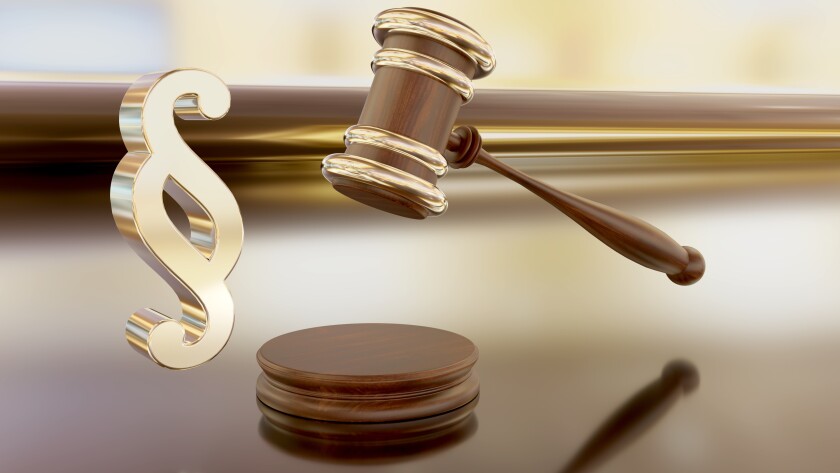The Intellectual Property Trial and Appeal Board (IPTAB) of the Korean Intellectual Property Office recently released interesting data showing trends of IPTAB trials involved in intellectual property (IP) disputes over the past 25 years (1998 to 2022).
As a special administrative appeals institution, the IPTAB has exclusive power in the first instance to review the following IP trials regarding four types of IP rights (i.e., patents, utility models, designs, and trademarks):
Invalidation actions;
Actions to confirm the scope of rights (scope confirmation action);
Cancellation actions (or opposition);
Correction actions (post-grant amendment procedure); and
Appeals against the examiners’ final rejections of IP applications.
IPTAB data
Analysis of such IPTAB trial cases revealed that among 277,160 cases in total, 253,718 cases (i.e., 91.5%) over the past 25 years were concluded at the IPTAB stage without further appeal proceedings.

Furthermore, while appeals against the IPTAB decision were relatively high – as much as 23.9% during the period of March 1998 to December 2002 – they were found to have dropped by more than half to 10.7% over the past five years (January 2018 to December 2022).

Of the 145,879 IPTAB decisions that could have been brought to the IP High Court over the past 25 years (excluding the number of cases that were withdrawn or granted due to the success of the appeals against final rejections), only 23,442 cases were appealed to the IP High Court, with an average appeal rate of 16.1%. Of the 23,442 cases filed with the IP High Court, 17,680 IPTAB decisions (75.4%) were upheld by the IP High Court.
Meanwhile, compared to 13.5 months in 1997, the trial pendency was shortened to 7.9 months in 2022.
IPTAB data shows that increased accuracy and speed are now ensured in IPTAB proceedings.
Remarks on the IPTAB data
Korea has a bifurcated IP litigation system where infringement and validity issues are independently determined. IP infringement suits are filed in the district courts, whereas validity actions are brought before the IPTAB. Both decisions are appealed to the IP High Court, and then to the Supreme Court. As such, issued IP rights can be invalidated or revoked only through separate invalidation or cancellation actions, which must be initiated with the IPTAB, and not by infringement suits. Therefore, the IPTAB is one of the most important venues for stakeholders who are considering enforcing their IP rights or challenging the validity of IP rights in Korea.
Even if one does not prevail in the IPTAB proceedings, it is possible to increase the likelihood of success in the appeals before the IP High Court of the second instance by presenting new evidence and arguments. However, in view of the IPTAB data above, it is important to make one’s best efforts to win the IPTAB trials.
In a typical IP dispute, invalidation actions are involved in IP disputes. Like many other jurisdictions, the validity decision has a great influence on the outcome of IP infringement litigation in Korea. However, under the bifurcated system, there is a possibility of inconsistency between the decisions of the validity court and the infringement court.
One of the ways to minimise this undesirable result is using the stay of the procedure. The Korean courts have been using the stay of court procedure when validity and infringement proceedings are pending simultaneously. In many cases, the infringement courts stay their procedure until the outcome of the validity action is available. However, this is not always the case, as it is at the court’s discretion whether to stay the infringement proceedings in parallel.
Another way is expediting IPTAB actions. In Korea, IPTAB proceedings can be expedited via a preferential track or a fast track, which is available ex officio or upon request by trial parties under eligible conditions. For example, the fast track is possible if there is a co-pending infringement action. The average trial pendency is about six months for the preferential track, while it is about four months for the fast track.












